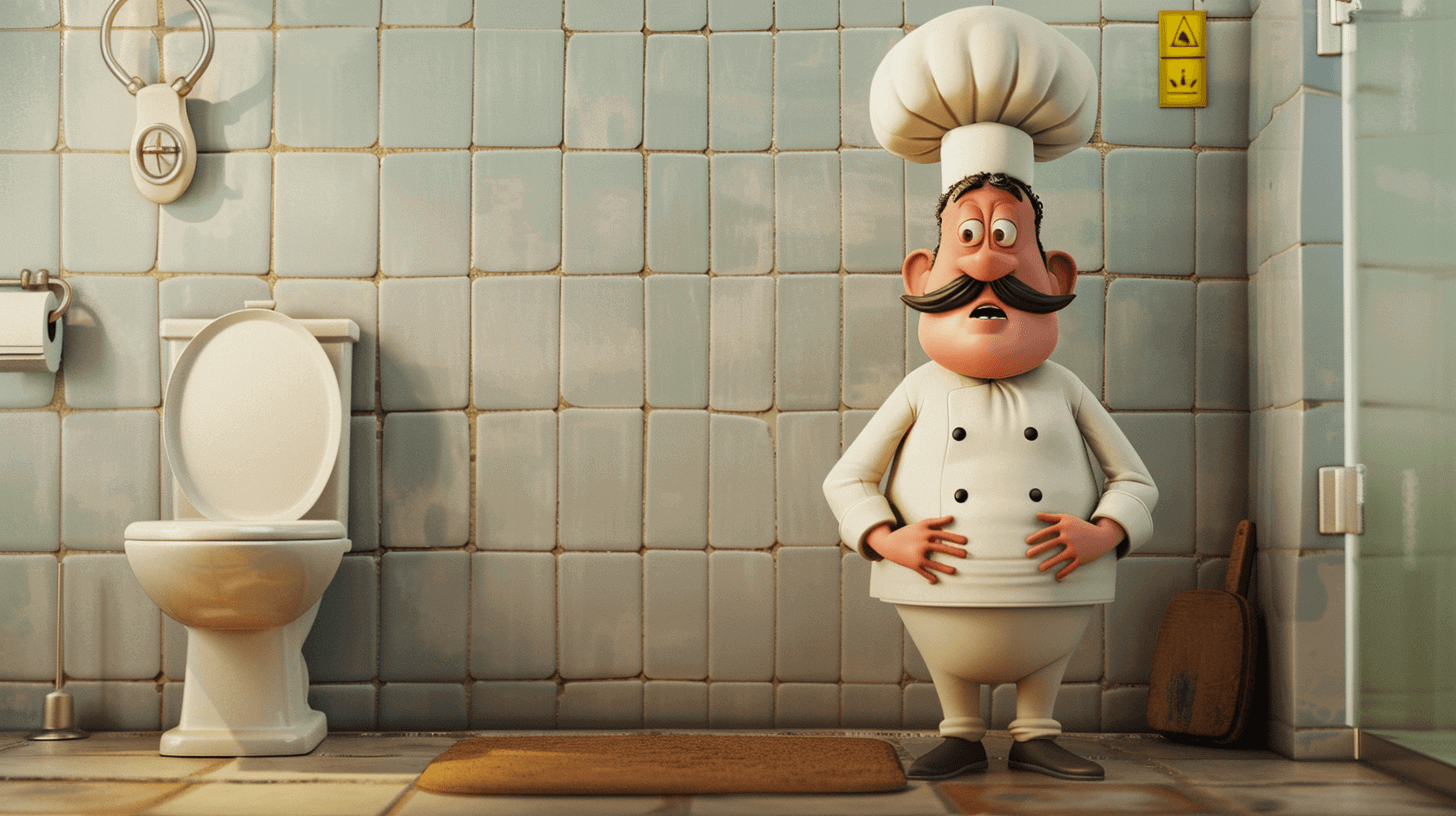Saving money and the environment can be a smelly business…
In a bold move to reduce their environmental footprint and cut down on plumbing expenses, a couple in rural Georgia has found an unconventional solution: using their own waste to cook their meals.
John and his wife Fin have adopted a unique approach by harnessing the power of biogas generated from their own poop, all thanks to a cost-effective and eco-friendly apparatus called the HomeBiogas Digester.
With a TikTok following exceeding 157,000, John, known digitally as @BelovedCabin, proudly shares their sustainable lifestyle with the world.
Through their 500-square-foot home, where they’ve resided for 12 years, the couple diverts their waste to the HomeBiogas Digester, which efficiently converts feces into clean energy.
John emphasizes that their food doesn’t taste like waste and their kitchen doesn’t smell like a sewer.
Thanks to the innovative gadget’s odor-masking capabilities, the couple enjoys their food just like all non-waste cooks enjoy their food.
The equipment, costing less than $1,500 offers significant savings compared to the $18,000 expense of traditional indoor plumbing.
By utilizing biogas, a renewable energy source derived from organic matter, John and Fin not only save money but also contribute to environmental conservation. Their methane biogas production requires less water and produces nutrient-rich fertilizer, benefiting both their household and the planet.
Here’s how the process generally works:
- Collection: Human or animal waste, along with other organic materials such as food scraps or agricultural residues, is collected and fed into a sealed container called a digester.
- Anaerobic Digestion: Inside the digester, microorganisms break down the organic matter through anaerobic digestion. This process generates biogas as a byproduct.
- Biogas Harvesting: The biogas produced during anaerobic digestion is collected and stored for use as a fuel source. It can be used directly for cooking, heating, or electricity generation.
- Digestate Production: After digestion, the remaining solid material, known as digestate, can be used as a nutrient-rich fertilizer for agriculture or soil improvement.
In addition to their sustainable practices, the couple rents out their home on Airbnb, offering guests a unique eco-friendly experience.
Their commitment to sustainable living extends beyond their household, inspiring others like former pro-wrestler Goldy Locks, who utilizes her waste to grow food and reduce grocery expenses.
As economic instability persists, individuals like Locks embrace innovative solutions to cut costs and minimize waste. Whether it’s through composting or biogas production, the adoption of such practices highlights the growing importance of sustainability in daily life.
John, Fin, and individuals like Goldy Locks exemplify the power of innovation and resourcefulness in addressing environmental and financial challenges.
Through their commitment to sustainable living, they not only save money but also contribute to a greener, more sustainable future for generations to come.
Fancy yourself a science pooping nerd? We’d love to hear from you about various innovations within the Poopable realm. Drop a comment below or shoot us a note! We’re always flushed to hear from you and share your thoughts!
